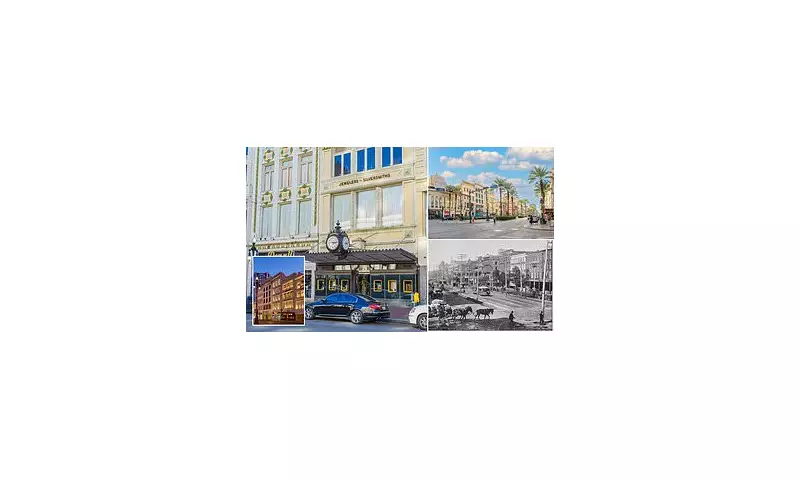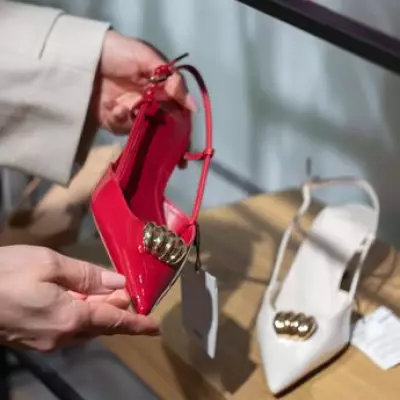
An iconic New Orleans jewellery institution, renowned as the 'Tiffany's of the South', is shutting its doors for good after 127 years in business, with industry experts pointing to Trump-era tariffs and record-high precious metal prices as primary catalysts for its demise.
The End of an Era on Canal Street
Alder's, a family-owned stalwart on Canal Street in the city's historic French Quarter, has announced it will close its flagship store and a second location in Metairie. The decision comes from fourth-generation owner Coleman E. Adler II, 82, who is retiring after 62 years at the helm.
'After much thoughtful consideration, I have made the decision to retire. I'm looking forward to enjoying time off,' Adler stated. He added to local press, 'I will be 83 in January, and I have been doing this a long time. Many of my friends did this a long time ago. It is time.'
For over a century, Alder's catered to generations of prominent Gulf South families, society brides, and affluent tourists, offering fine jewellery, crystal, and housewares. It occupied a similar cultural position in the region as Tiffany & Co. does nationally.
National Trend and Tariff Troubles
Alder's is not an isolated case. It becomes one of 167 jewellery stores across the United States that closed in the first quarter of this year alone—a figure that represents a 20 percent increase from the same period in 2023.
According to Amanda Gizzi, Senior Vice President of Corporate Affairs at Jewelers of America, aggressive tariffs implemented during the Trump administration have placed immense pressure on retailers. 'Tariffs have made it hard,' Gizzi explained. 'Retailers are eating a lot of the cost to keep from passing it on to their customers.'
In April, following a 'national emergency' declaration, the US introduced roughly 10 percent tariffs on imports from nearly every country. This sparked a global trade war that hit jewellery retailers particularly hard, as many depend on imported gold, silver, diamonds, and finished pieces from India, China, and Europe.
Simultaneously, the cost of precious metals skyrocketed. Gold prices soared to a record $3,150 per ounce in late March, an 18 percent spike from the start of the year. This surge, driven by a weakening dollar and economic uncertainty, meant jewelers faced tens of thousands of dollars in extra costs per shipment, squeezing the already thin margins of independent retailers.
A Family Legacy and Changing Times
The roots of Alder's stretch back to 1898, when founder Coleman E. Adler I immigrated from Slovakia and eventually settled in New Orleans. The store moved to its iconic Canal Street location in 1902, becoming a premier jeweller and creating historic pieces like the official Louisiana Centennial coin.
Coleman Adler II took over in 1973 under tragic circumstances, after his father and uncle died within 30 days of each other. Under his leadership, the business expanded to four locations at its peak.
However, shifting consumer tastes and the dominance of big-name designer brands have also undermined smaller, local jewelers. These designer labels often demand premium display space, large minimum orders, and costly marketing commitments.
Compounding these industry-wide challenges, Adler's four children, who worked with their father for years, declined to take over the business. 'This was the only job I have ever had. I am not going to foist that upon my children,' Adler said.
The building on Canal Street will remain with his children, who plan to preserve the family legacy. Adler has assured the public he does not intend for the landmark to disappear or be leased to a T-shirt vendor.
A massive retirement sale began on November 10 at both locations and will continue until all inventory is gone. In retirement, Adler plans to focus on philanthropy, the arts, and historic preservation, continuing his family's century-long service to the New Orleans community.





